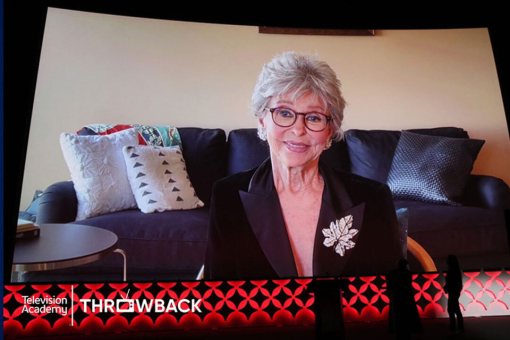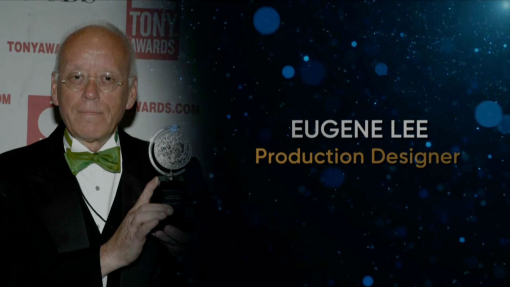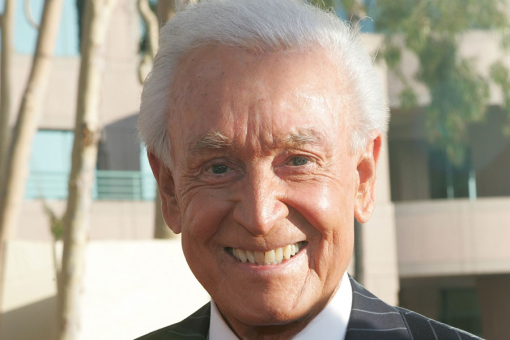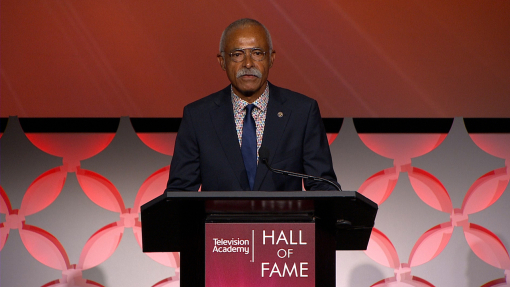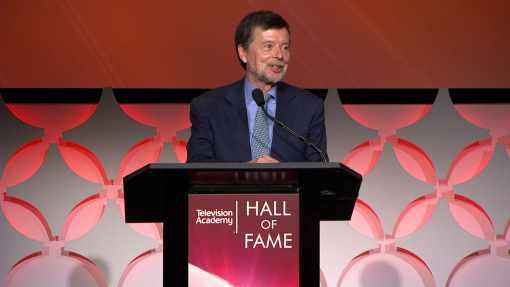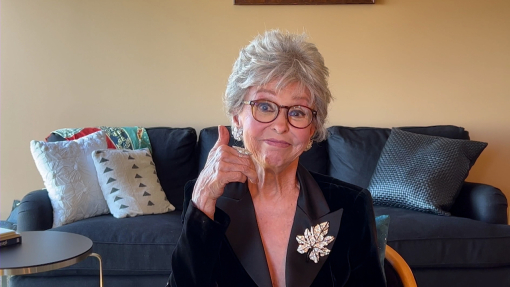If Milton Berle is "Mr. Television," then Bob Barker is clearly "Mr. Television Game Show."
Since the early days of television, Barker has been at the forefront of this enduring and popular format. In 1956, he took over as the host of Truth or Consequences and guided the pioneering program for 18 years. In 1972, he began hosting CBS' The Price Is Right. Remarkably, Barker is currently in his 32nd year of piloting the unflagging daytime show.
His dedication to his craft even landed him in the Guinness Book of World Records as television's "Most Durable Performer" for his 3,524 consecutive performances of Truth or Consequences. In 2002, as the host of The Price is Right, he broke Johnny Carson's record for continuous performances on the same network television show.
"I would have laughed and said you were joking," remarks Barker when asked what his response would have been in 1956 if someone had predicted he would enjoy such extraordinarily long runs with two different shows.
"First of all, I never thought I would do Truth or Consequences for 18 years," he adds. “What I was hoping was that I could do the show long enough to make a reputation for myself so I could continue to work in television. In those days, production companies were not looking for new faces. They were looking for familiar people with experience who would bring an audience to a new show. When I eventually finished doing Truth or Consequences I never dreamed I would host another show that lasted that long. So to actually be doing another one for 32 years ... it's just a phenomenon.”
Barker has been honored with 15 Emmy Awards — 12 as TV host, more than any other performer, and two as executive producer of The Price is Right. He received the National Academy of Television Arts and Sciences' Lifetime Achievement Emmy Award for Daytime Television in 1999.
Now he is being honored with the Academy of Television Arts & Sciences' top distinction — induction into its Hall of Fame.
"This really culminates my professional life," Barker states. "It's about a nice a thing that could possibly happen to anyone in television."
Truth or Consequences originally aired as an audience participation radio show in 1940. It was initially hosted by its creator, Ralph Edwards. The show eventually moved to television where it continued to ask contestants comical or trick questions. Participants who failed to answer correctly or on time were asked to pay a consequence, which consisted of elaborate stunts.
Named "The Greatest Game Show of All Time" by TV Guide and the longest-running television game show ever, The Price is Right finds four contestants from the studio audience competing to see who is best at guessing the price of merchandise prizes. Within this format, the show presents plenty of variety by offering more than 70 different games. Six games are played each day.
"There's more to most of these games than you might think," observes Barker. "As the host, I have to bring out the little nuances of the game. I have to make everyone understand why the next step is really going to be important. It builds not unlike a drama."
One of Barker's greatest gifts as host is his ability to relate humorously and effectively with the contestants and studio audience. This makes for a lively and fun-filled show and a chief reason why he is such a television fan favorite.
Barker has experienced numerous memorable moments during his years taping The Price Is Right. Overwhelmed with excitement, several women have fainted on the show. Once during a break, a member of the studio audience began having a baby. She said she was reluctant to leave for fear she might be called as a contestant.
Bob Barker was born on December 12, 1923 in Darrington, Washington. He attended high school in Springfield, Mo. His college education at Drury College in Springfield was interrupted by World War II. Between 1943 and 1945 he served in the Navy Reserves as an aviation cadet before becoming a commissioned officer. He was awaiting assignment to a squadron heading overseas when the war ended.
After leaving the military and having recently married his high school sweetheart Dorothy Jo, Barker returned to college where he majored in economics and political science. At the same time he landed a job at radio station KTTS in Springfield. He worked as a sportscaster, news writer, announcer and deejay.
"I also had my first opportunity to do an audience participation show [at KTTS]," remembers Barker. “All the hosts were taking unrehearsed contestants out of the studio audience and creating spontaneous entertainment with them. I had never been in a school play and I had never been in front of an audience before, but I found that I thoroughly enjoyed it. My wife had heard the show and when I got home she said, ‘That's what you should do. You do that better than you've done anything else.’”
In 1950, Barker moved to the Los Angeles area where he was hired to host The Bob Barker Show for KWIK radio in Burbank. The show was sponsored by the Southern California Edison Company.
Dorothy Jo had also become Barker's sidekick. She sang commercial jingles in a string of Los Angeles-based radio talent shows. In the mid-'50s, the pair developed and hosted a high school amateur talent show for KHJ-TV in Los Angeles. Barker's big career break transpired on December 21, 1956 when Ralph Edwards hired him to be the new host of Truth or Consequences.
"I lost about five to ten pounds [waiting for that decision]," Barker reveals. “I really wanted that show. That telephone call from Ralph Edwards was and will always be the most important thing that ever happened to me professionally. I had done some local television, but not much, and I had done radio on a regional network. But I had never done a national show. All the wonderful things that have happened to me, it all began with that telephone call. People say, ‘If he hadn't called someone else would have called.’ Well, maybe and maybe not.”
Barker and Edwards drink a toast at lunch every December 21 to celebrate that phone call.
Viewers have also gotten to know Barker through other telecasts. He hosted the Tournament of Roses Parade every New Years Day between 1968 and 1989. He also served as the master of ceremonies for the Miss Universe Pageant and the Miss America Pageant between 1966 and 1987.
A passionate animal rights activist, Barker made headlines in 1987 when he refused to host the Miss Universe and Miss America Pageants unless the use of fur coats on the show and as prizes was stopped. The producers opted to use synthetic furs on the show but when they refused to stop giving furs as prizes the following year, he resigned as host. Barker established the DJ&T Foundation, the purpose of which is to help control the dog and cat populations. Funded with his own resources, the foundation supports low-cost or free spay/neuter clinics. The foundation is named in memory of Dorothy Jo, who passed away from cancer in 1981, and his mother Matilda (Tilly) Valandra.
In 2001, the Harvard Law School established the Bob Barker Endowment for the Study of Animal Rights Law to support teaching and research in this field. The same program is being established at Stanford University, says Barker, and his hope is that it will also spread to other top law schools around the country.
“My idea is that many of the best students will be going to these top schools and they will be graduating and going on to career as lawyers, judges or politicians," he observes. “They'll be in a position to make changes. Most people when they become aware what really is happening to animals, they want to help. If we had a judge who had had a touch of animal rights law in law school, it could be very beneficial.”
An avid reader, Barker has plenty of interests outside of television. (He once studied karate with Chuck Norris for about seven years.) He also says that he considers retirement every year. But he keeps going partly because he still derives so much pleasure from hosting The Price Is Right.
"If I didn't have fun, I don't think the show would be successful," states Barker, who also acted in the Adam Sandler film Happy Gilmore and several episodes of the sitcom Something So Right.
“If I just went out there and went through the motions the viewers would sense that and they would not enjoy the show. But I'm having fun and they have fun right along with me. There's stimulation in trying to make each show have its own personality and to make each show as entertaining as possible. Everyday is an opening day.”
This tribute originally appeared in the Television Academy Hall of Fame program celebrating Bob Barker's induction in 2004.


